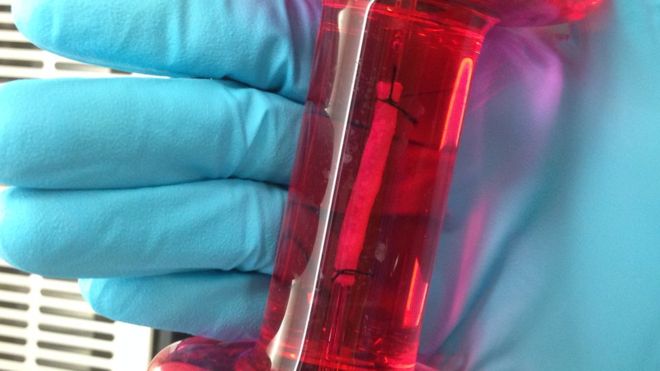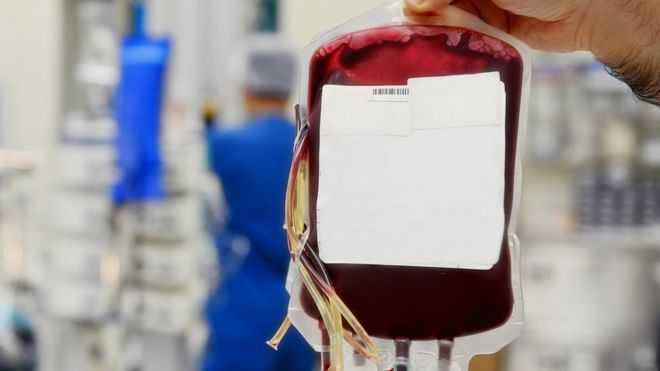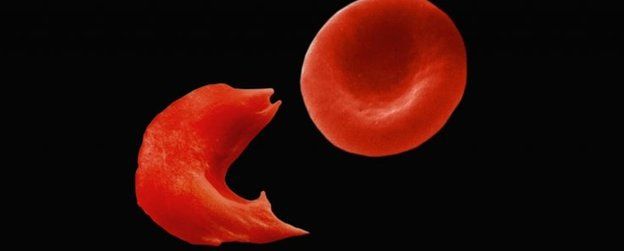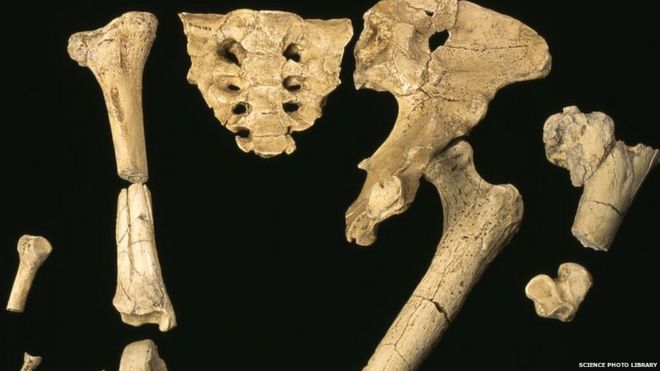 Scientists in London have grown a bio-engineered oesophagus which was successfully implanted into mice.
Scientists in London have grown a bio-engineered oesophagus which was successfully implanted into mice.
 Sixteen gene variations linked to life expectancy, of which 14 are newly discovered, have been recently identified by specialists. They also revealed three genes whose low expression in the brain is linked with longevity.
Sixteen gene variations linked to life expectancy, of which 14 are newly discovered, have been recently identified by specialists. They also revealed three genes whose low expression in the brain is linked with longevity.
 Male pattern baldness is the most common form of hair loss among aging men. New research sheds light on hair growth mechanisms that could pave the way for new treatments for male baldness.
Male pattern baldness is the most common form of hair loss among aging men. New research sheds light on hair growth mechanisms that could pave the way for new treatments for male baldness.
A stem cell treatment for autism shows promise, according to a new study, but the investigators and other experts emphasize that the therapy is still in the early stages and much more research is needed.
 Scientists say they have made a significant leap towards mass-producing red blood cells suitable for donation.
Scientists say they have made a significant leap towards mass-producing red blood cells suitable for donation.
 People who wake at night with an urge to go to the loo may need to cut back on salt in their diets, doctors from Japan are suggesting.
People who wake at night with an urge to go to the loo may need to cut back on salt in their diets, doctors from Japan are suggesting.
Preliminary study was reportedly nearly 98 percent accurate in kids ages 3 to 10
 A French teenager's sickle cell disease has been reversed using a pioneering treatment to change his DNA.
A French teenager's sickle cell disease has been reversed using a pioneering treatment to change his DNA.
 JEDDAH – It costs the Health Ministry more than half a million riyals a year to provide treatment to one patient with genetic disease, while the Ministry of Labor and Social Development spends between SR70,000 and SR80,000 annually on a child with disabilities resulting from such diseases.
JEDDAH – It costs the Health Ministry more than half a million riyals a year to provide treatment to one patient with genetic disease, while the Ministry of Labor and Social Development spends between SR70,000 and SR80,000 annually on a child with disabilities resulting from such diseases.
 Scientists at the University of Oxford say a hangover from evolution could help explain why humans get so much shoulder, hip and knee pain.
Scientists at the University of Oxford say a hangover from evolution could help explain why humans get so much shoulder, hip and knee pain.